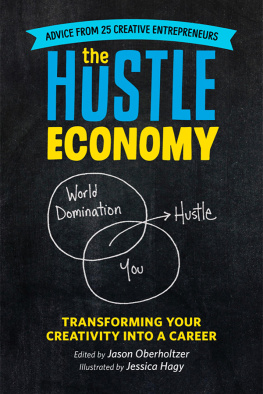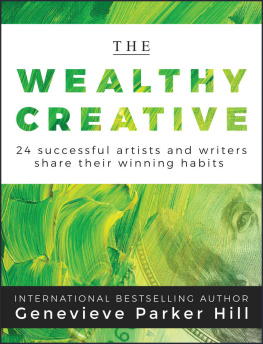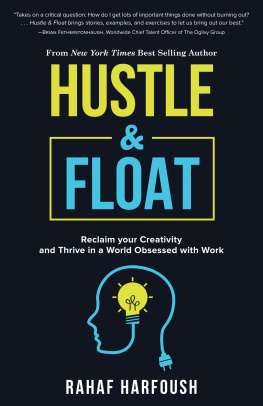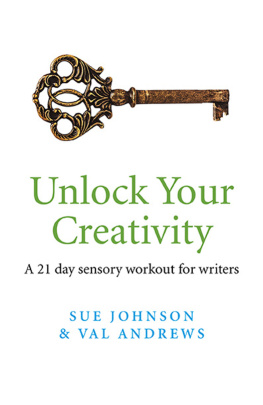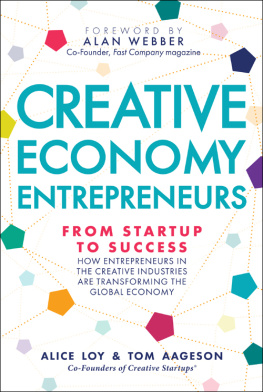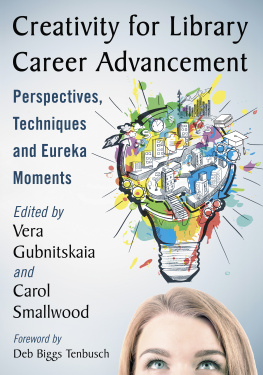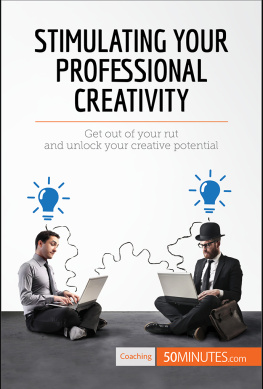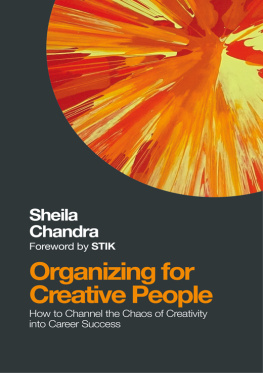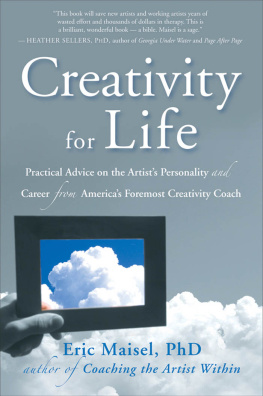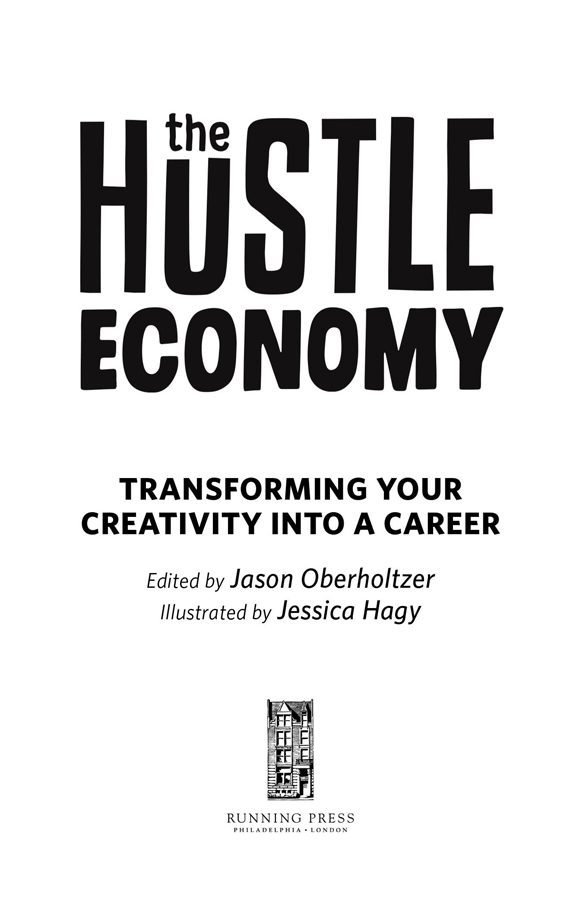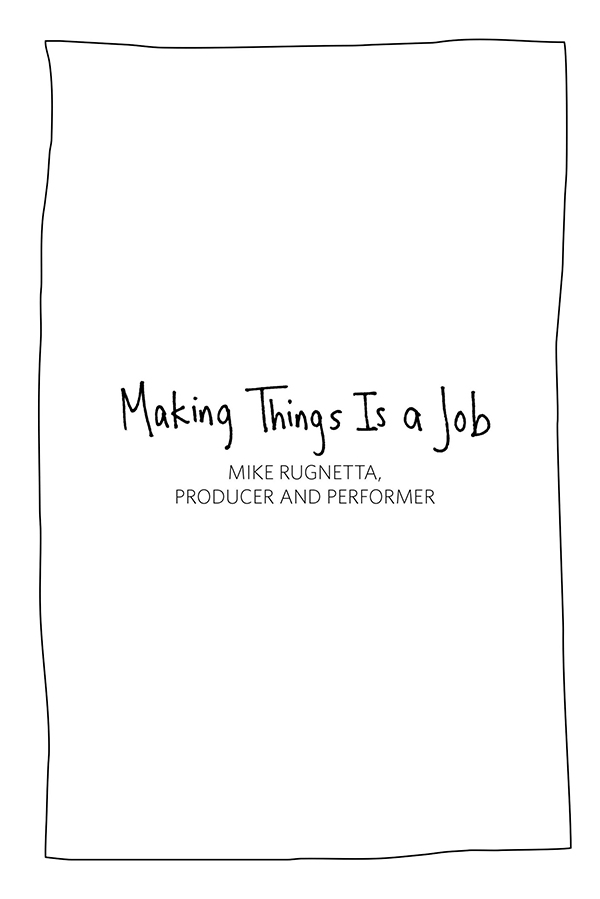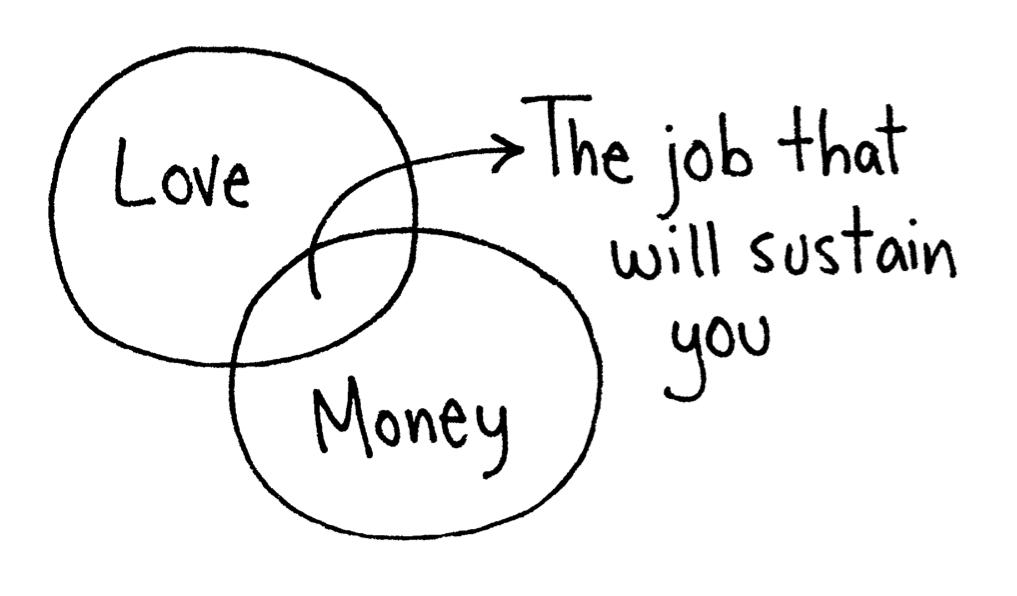Hey Mike,
Thanks for offering to hear me out on some of my anxieties. I guess thats what they are? Id love any advice that pops into your head since it sounds like Im in a place that you were at a bit ago. Like, where one takes stock of all their accrued expertise and begins to wonder how the hell they might... eat. Oh, and seek fulfillment. And also placate those demons which stomp around the head and shoulders, demanding nourishment through creative endeavors. Yeah. You know, that place.
Basically, Im needing soon to pick some kind of job. Uni is almost over and Im pretty sure I want to make things, but I have no idea which things, and Im also kind of worried the pursuit of some of those things isnt exactly fiscally sound. Going back to demons, there are the ravenous, creative ones who tell me to pursue what I love, whatever that may be and whatever the financial risks, and then there is this pragmatic one (probably wearing glasses) who suggests I aim just for monetary return. At some point, it simplifies to a binary which demon do I listen to scenario. Its not quite heart versus head, but its something.
Woe is me, with a problem that no shortage of soon-to-be Formerly Art Students wrestle with! But Im just feeling so stuck. Its weird that emotions are involved. And that passion for making things. And basically its a decision on how to spend my time, but also how to support myself as a functional human who needs to buy things, like food to put in my face. And they tell you to follow your heart, but what does that even mean? And my brain is busy thinking of stupid metaphors about demons and... help?
Jamy
Hey Jamy,
Thanks for the email! I know exactly the feelings you are experiencing, and addressing them is pretty complicated. Its very different for different people. I can tell you what I did, but I also want to be really clear about something: Just because this is what I did doesnt mean its also what you should do. We all have gut feelings. And our guts are occasionally pretty smart. I guess what Im saying is, if this email kick-starts a gut feeling, thats awesome; it shouldnt replace one that already exists, though.
So, which shoulder-demons to listen to? One of my old instructors in college gave me a piece of advice. He said, Do what you love. Money comes later. I took that advice. It was, and remains, the worst piece of advice Ive ever received, and the worst piece of advice Ive ever taken. I am also very glad I took it. I know thats confusing. Sorry.
I am very lucky. I could afford, for a million reasons (no debt, in-demand technical skills, supportive parents, no dependents, good health, stubbornness, which has got me in trouble in a hundred other situations but was helpful in freelancing) to quit a well-paying but boring-as-shit job to work in the arts and media. I could afford, in the literal sense, to do what I love and to wait for the money to come later. I could live. And be self-sufficient. And happy. And productive. And not worried or stressed about living on the street. At the time I made the transition from job I hated to job I love, I ended up making very little money, but I was making it on things I very much loved doing, and after seven years of hard work I now make a decent living at those same things. This is why I am glad to have taken that advice. Because it worked for me. Not everyone is so lucky. And to be clear, I was lucky.

Many people cannot afford to take that advice because they have student debt, because they have a family that requires them to have a well-paying job, or because they have health problems. And so when they hear the advice, Do what you love. Money comes later! they feel like if they dont take it, theyre giving up. They feel like theyre not trying hard enough or that theyre not good enough or not sacrificing enough, and if only they really meant it, they could make it and solve all those other (mostly monetary) problems by doing what they love. In my experience, the universe is not so kind to most people. It does not return what you put into it. Or, at the very least, it has no responsibility to do so.
I believe it is true to a certain degree that you can make your own luck by working hard, being talented, making connections, being easy to work with, and so onwell talk more about that in a minutebut if your personal situation means that you have to be practical, if it prevents you from going down a road where youd risk not being able to pay your rent or your medical bills or support your folks, that is not a bad thing. You are not giving up what you love or your destiny or some debt you owe to yourself, the world, whatever.
Too often, especially in professions in which one is making things, we collapse the space between the work and our selves. We confuse what we make with who we are. This is a very, very dangerous thing to do because it robs us of our own agency. It takes the power of being a person away from us and offloads it entirely onto external things that are difficult, costly, impermanent, and subject to so. much. criticism. Whats worse is that this kind of forfeiture (or whatever you want to call it) has been romanticized as the base condition of The Artist: the person who cannot rest until the creative force within is exorcised through the Heroic Act of Creation.

